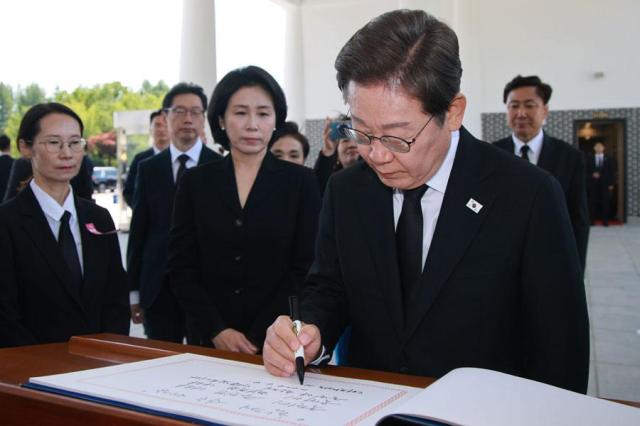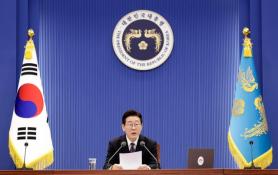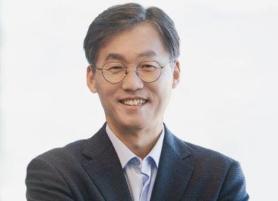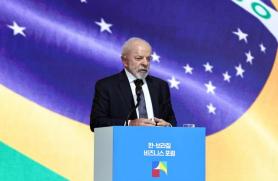
With a record turnout of 79.4 percent, the highest since the 1997 presidential election's 80.7 percent, Lee took the lead soon after votes were counted and maintained it, finishing first in all regions except Gangwon and Gyeongsang provinces. Lee also came in first among all age groups except those aged 60 and older.
His resounding victory is expected to provide strong momentum for solidifying his leadership and pushing forward his policies, with the DP holding a super-majority in the National Assembly, something his predecessor never had.
Lee came in first in the Seoul metropolitan area, where half of the country's voters reside. In Seoul, he earned 47.13 percent, 5.58 percentage points ahead of Kim's 41.55 percent. In Gyeonggi Province, where he started his political career as the mayor of Seongnam in 2010, he secured 50.12 percent, outpacing Kim's 40.84 percent.
Lee flipped the central Chungcheong provinces, which he had lost in the previous 2022 presidential election.
In particular, he swept the votes in the traditional strongholds of the liberals, garnering an overwhelming 84.77 percent in Gwangju, 85.87 percent in South Jeolla Province, and 82.65 percent in North Jeolla Province.
Lee's victory was already pronounced as soon as polls closed at 8 p.m., as exit polls from the country's three major terrestrial broadcasters — KBS, MBC, and SBS — showed him garnering a majority.
Lee was behind Kim in Gyeongsang provinces but still garnered close to 40 percent with 40.14 percent in Busan and 42.54 percent in Ulsan. The DP had never before secured over 40 percent in those regions. In Daegu and North Gyeongsang Province, Kim led with 67.62 percent and 66.87 percent, respectively, while Lee only managed 23.22 percent and 25.52 percent.
Hailing from Andong in North Gyeongsang Province, Lee is the first president from the liberal party to come from the southern region.
In an election of the "unfavorables," with the two leading candidates each facing their own controversies — one involved in multiple legal trials and the other criticized for initially refusing to apologize for former disgraced President Yoon Suk Yeol's botched Dec. 3 martial law debacle as well as the staunch conservative's far-right stances — the decisive factor in voter sentiment seemed to be a broad sense of urgency among South Korans for change and stable leadership amid internal and external challenges caused by political conflicts and economic difficulties.
Meanwhile, Lee Jun-seok of the minor centrist Reform Party earned a paltry 8.34 percent, Kwon Young-kook of the minor progressive Democratic Labor Party 0.98 percent and independent candidate Song Jin-ho 0.10 percent.
With the National Election Committee's formal approval of his victory, the new president's single five-term began immediately at 6:21 a.m. on Wednesday, with no transition period, as the June 3 snap election was held to replace Yoon, who was impeached following the Constitutional Court of Korea's ruling in April.
Copyright ⓒ Aju Press All rights reserved.




